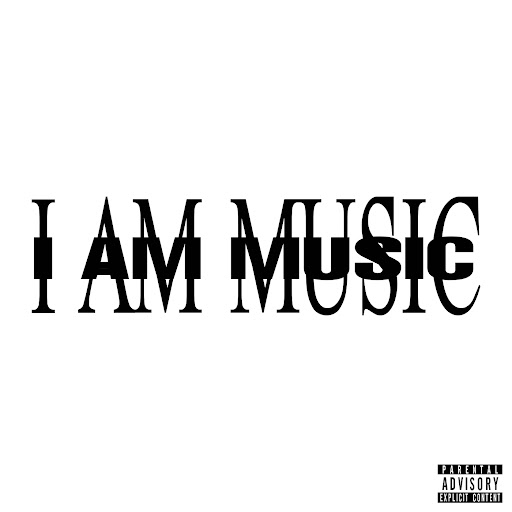
“Yellowface” by R.F Kuang is a captivating novel following struggling writer June Hayward’s downward spiral after stealing her so-called friend Athena Lui’s manuscript. The novel entails societal issues dealing with race, specifically in the publishing industry in the 21st century.
Recently released in May 2023, the novel was a massive hit, becoming a New York Times Best Seller. Previously known for her series of fantasy novels, “Yellowface” was a new endeavor for Kuang.
The story opens with friends Athena and June celebrating Athena’s exciting TV deal. Among the celebrations, the readers get a glimpse into June’s inner monologue, where she wonders why and how the two were even friends. The night ends with Athena dying in a freak accident.
In the aftermath of Athena’s death, June steals a manuscript for Athena’s next book off of her desk, writing “The Last Font” as hers. The stolen novel tells the stories of the Chinese labor corps during World War I. June then goes on to make the white characters in the novel more sympathetic, erasing the stories of the Chinese people that Athena originally wrote.
In the first person, June’s thoughts are presented to the readers in various ways, with emotions ranging from grief, jealousy, guilt and self-pity. June tries to justify her stealing “The Last Font” by criticizing Athena’s character and exposing her jealousy of Athena.
As the novel gains more attention, June faces rapidly increasing criticism on social media. Many of the criticisms come from people pointing out that June is a white woman writing about Chinese lives and stories. To combat these complaints, she changed her pen name to “Juniper Song” and appeared tanned in photos to seem racially ambiguous. June’s dialogue is filled with racist stereotypes and outrageous statements that make her a highly unlikable character.
The novel soon turns into a ghost story when an account surfaces that repeatedly messages June that they know her secret, threatening to expose June throughout the novel. The account slowly drives June into a descent into madness. Forcing her to eventually come clean of her villainous actions.
Kuang does an excellent job of making readers uncomfortable and aware of racism through June’s first-person perspective. In an interview for the New York Times, Kuang said, “Reading about racism should not be a feel-good experience,” and “I do want people to be uncomfortable with the way that they’re trained to write about and market and sell books, and be uncomfortable with who’s in the room, and how they’re talking about who’s in the room.”
With the first-person perspective, the readers are placed directly into June’s controversial thought process. For many readers, this results in feelings of uncomfortableness and disgust when reading what June thinks.
At 336 pages, “Yellowface” is a whirlwind of emotions and societal issues. The novel sometimes feels like a social media feed, making it impossible to put down. Kuang creates an immersive novel with pressing issues of racism we still see today. Overall, “Yellowface” is a satirical attack on the publishing industry, with themes of racism, identity and friendship.








